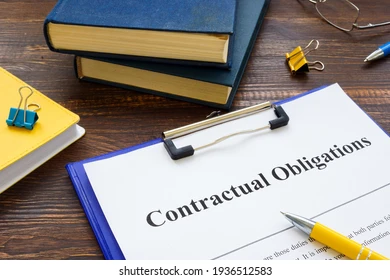In Kenya, the registration of societies plays a pivotal role in facilitating organized social initiatives. Societies, whether focused on charitable, religious, educational, or cultural activities, must undergo a formal registration process to operate legally within the country.
This article provides an insightful guide to the step-by-step procedure for registering societies in Kenya.
Registration Procedure
Application for Name Reservation (Form A)
The initial step in registering a society involves submitting an application to the Registrar of Societies for the reservation of the proposed name or names. The society is allowed to suggest up to three names, and this application is typically presented in the form of a letter addressed to the Registrar of Societies.
Form A accompanies this letter and includes key information about the society and its officials.
- Details in Form A
- Name of the Society
- Objectives of the Society
- Class of persons seeking membership
- Number of members
- Titles of officials (Chairperson, Secretary, Treasurer)
- Details of proposed officials
- Movable properties owned by the society
- Affiliations to other societies
Particulars of Office (Form B)
Once the name is reserved, the society is required to submit Form B, which provides information about the physical office and postal address of the society.
This form ensures that the society has a recognized and accessible location for official purposes.
- Details in Form B:
- Physical office particulars
- Postal address of the society
Constitution
The constitution of a society is a crucial document that outlines the objectives, rules, and procedures governing the society. It is imperative for the constitution to comply with the legal provisions of the Societies Act, Cap 108, and the Societies Rules.
This document essentially serves as the foundation for the society’s operations and guides it in achieving its set objectives.
Additional Documents
While Form A and Form B are standard requirements, the Registrar of Societies may request additional documents based on the nature and objectives of the society.
This flexibility allows for a more tailored approach to registration, ensuring that all relevant information is provided.
Conclusion:
Registering a society in Kenya involves a systematic and legal process aimed at fostering transparency and accountability. By adhering to the outlined procedure, societies can establish a solid foundation for their operations, thereby contributing positively to the social fabric of the nation.
It is essential for societies to be diligent in preparing all necessary documents and ensuring compliance with the legal framework to facilitate a smooth registration process.




